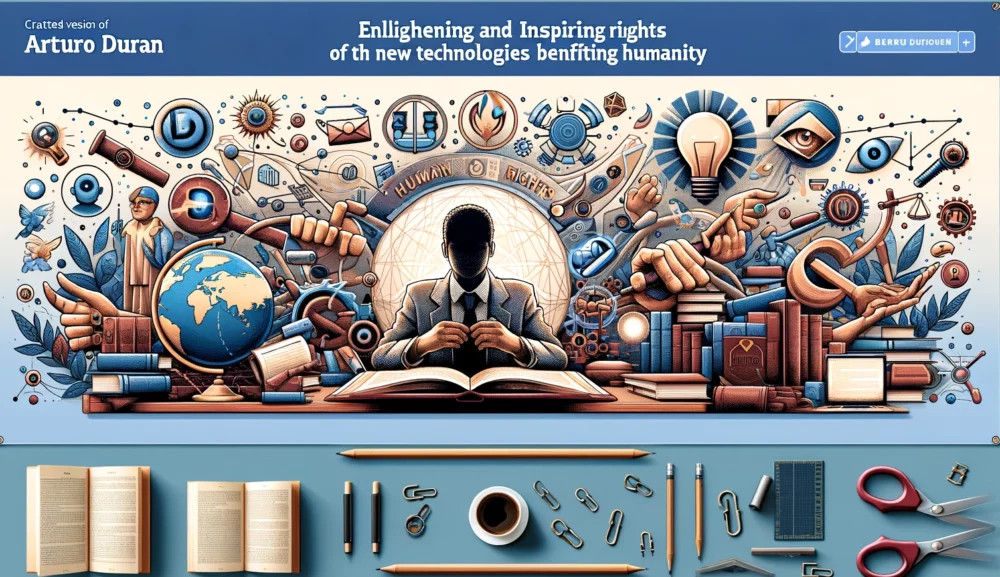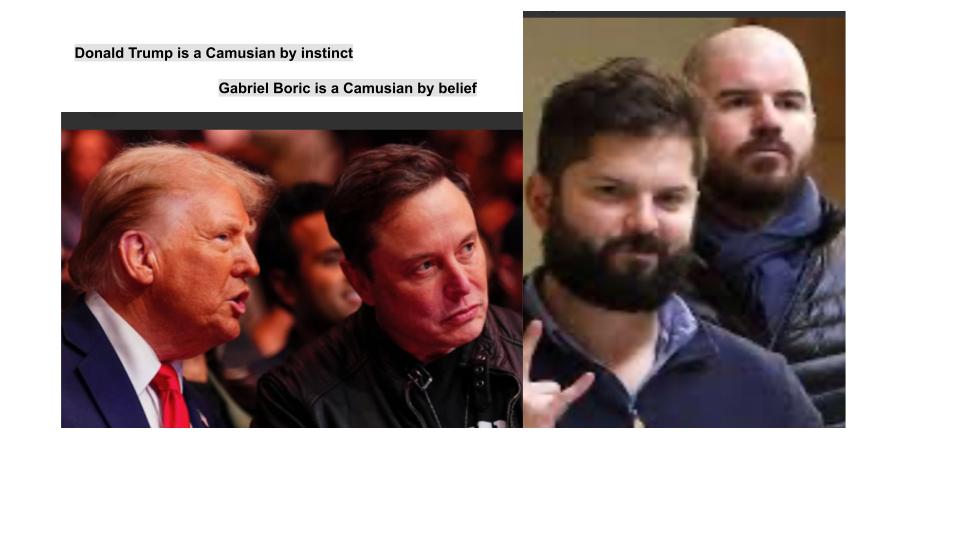En 2019, ningún Directorio serio incluía esta diapositiva en su planificación estratégica:
“Escenario: cierre global de la economía por 12 meses.”
Y sin embargo ocurrió.
La pandemia no fue impredecible.
Fue un riesgo no priorizado.
Cinco años después, el mundo enfrenta otro tipo de fricción: tensiones geopolíticas, fragmentación financiera y reconfiguración energética.
La pregunta para los Directorios no es:
¿Habrá guerra?
La pregunta es:
¿Estamos modelando fricción prolongada en el sistema global?
1️⃣ El error estructural: optimización sin resiliencia
Las últimas décadas premiaron:
- Just-in-time
- Inventarios mínimos
- Concentración logística
- Dependencia de hubs financieros
Eso maximiza ROE en estabilidad.
Pero reduce tolerancia al shock.
El COVID mostró que el sistema puede detenerse.
La geopolítica actual muestra que puede fragmentarse.
2️⃣ Agricultura: ya no es ESG, es seguridad estratégica
La seguridad alimentaria dejó de ser un tema ambiental.
Es gobernanza corporativa.
Directorios deberían preguntarse:
- ¿Qué dependencia tenemos de fertilizantes importados?
- ¿Qué ocurre si rutas marítimas se encarecen 30–40%?
- ¿Cómo afectaría una disrupción energética prolongada?
La agricultura regenerativa y el compostaje industrial no son solo sostenibilidad.
Son:
✔ Reducción de dependencia externa
✔ Estabilidad de costos
✔ Resiliencia territorial
✔ Continuidad operativa
En un escenario prolongado de fricción global, la producción local es un activo estratégico.
3️⃣ Oro: no es especulación, es arquitectura financiera
Hoy el oro cumple tres funciones simultáneas:
- Insumo tecnológico (electrónica, semiconductores).
- Reserva estratégica de Bancos Centrales.
- Refugio patrimonial ante incertidumbre monetaria.
Los Bancos Centrales han aumentado sus compras netas de oro en los últimos años como mecanismo de diversificación frente a riesgos de sanciones y dependencia excesiva del USD.
Ahora pensemos en un escenario donde el oro alcanza USD 5.000 por onza.
¿Quién se beneficia estructuralmente?
Las empresas mineras productoras.
¿Por qué?
Porque el costo de extracción no depende del precio de mercado.
Si una mina produce oro con un costo “all-in sustaining cost” (AISC) de, por ejemplo, USD 1.300–1.500 por onza:
- A USD 2.000, el margen es ~USD 500–700.
- A USD 5.000, el margen es ~USD 3.500–3.700.
El costo operativo no se multiplica con el precio.
El margen sí.
Eso significa que el flujo de caja puede expandirse exponencialmente cuando el precio se dispara.
En términos simples:
El oro es uno de los pocos activos donde, bajo tensión sistémica, el productor puede ver expansión masiva de margen sin expansión proporcional de costos.
Para Directorios con exposición minera, esto no es especulación.
Es estructura matemática.
4️⃣ La fragmentación monetaria
Más allá del precio del oro, existe un fenómeno mayor:
- Diversificación de reservas.
- Comercio bilateral en monedas locales.
- Reducción gradual de dependencia exclusiva del USD.
No es desdolarización total.
Es fragmentación progresiva.
En ese contexto, los activos físicos estratégicos (minerales críticos y oro) adquieren peso sistémico.
5️⃣ Propuestas concretas para Boards
Los Directorios deberían incorporar:
🔹 Stress tests geopolíticos (6–12 meses de fricción logística).
🔹 Diversificación de hubs financieros y comerciales.
🔹 Evaluación de exposición a rutas aéreas críticas.
🔹 Participación estratégica en activos reales productivos (agricultura y minería).
🔹 Comité permanente de riesgo sistémico.
La pandemia fue un recordatorio.
La tensión geopolítica actual es una advertencia.
El próximo shock no necesariamente se parecerá al anterior.
Pero volverá a poner a prueba lo mismo:
La creencia de que el sistema seguirá funcionando exactamente igual.
Y en gobernanza estratégica, la imaginación no es retórica.
Es ventaja competitiva.



